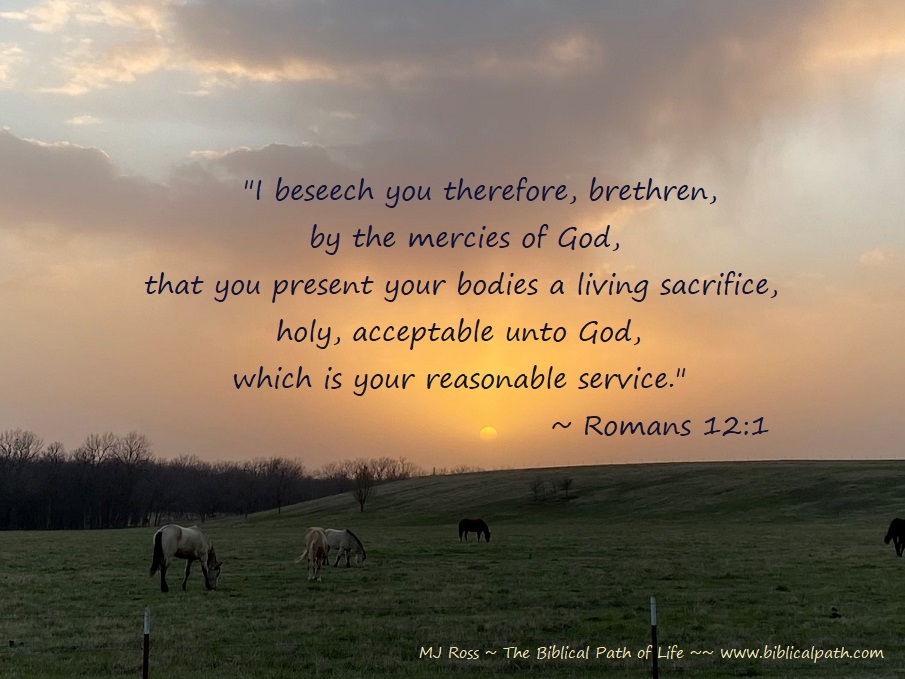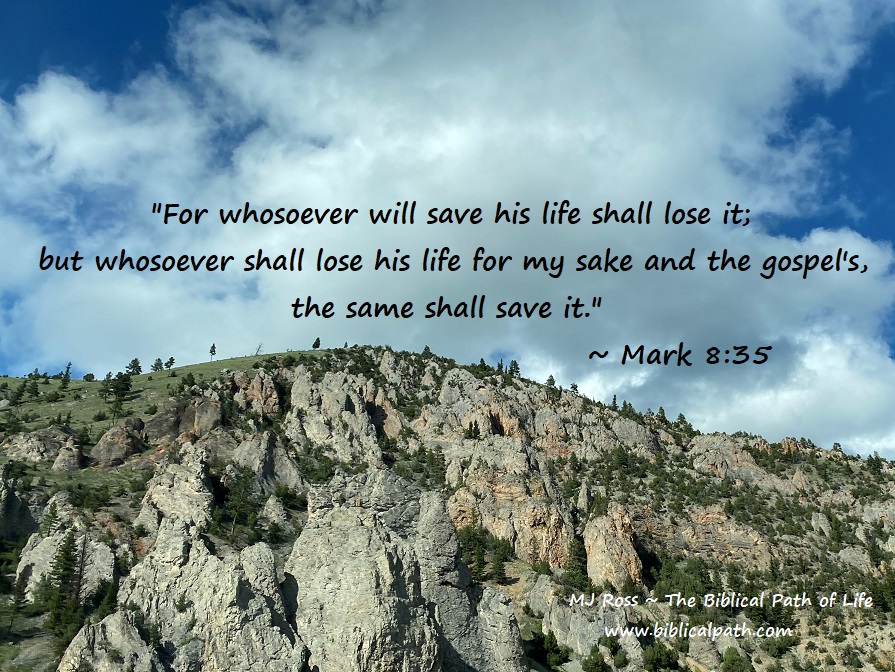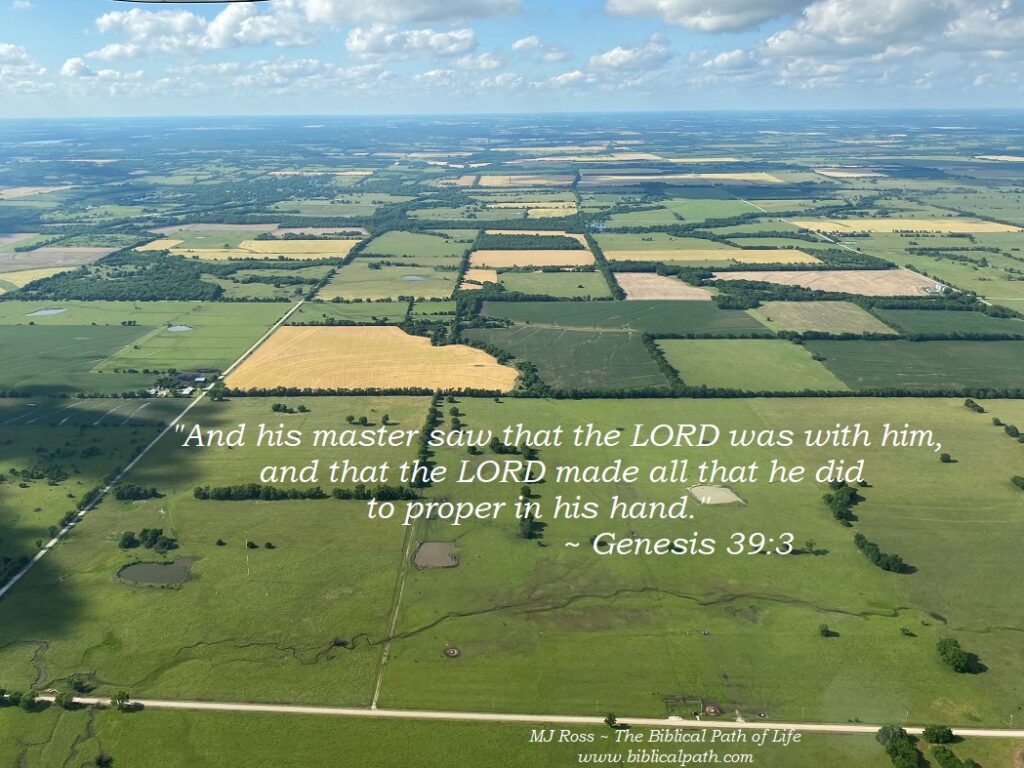
“And when he is come, he will reprove the world of sin, and of righteousness, and of judgment.”
John 16:8
Before Jesus left this world, He made a promise to send the Comforter, the Holy Spirit. The Spirit of God has specific jobs. Read what Jesus declared to His disciples. “7. Nevertheless I tell you the truth; It is expedient for you that I go away: for if I go not away, the Comforter will not come unto you; but if I depart, I will send him unto you. 8. And when he is come, he will reprove the world of sin, and of righteousness, and of judgment” (John 16:7-8). The Holy Spirit has come to reprove (convict) the world of sin, of righteousness, and of judgment. Consider if you will: in the world’s court system, first there is a crime, and when it is proven, the judgment (punishment) is determined. I see no righteousness involved.
However, with God it is different. The listing in God’s Word says He will convict of sin, then of righteousness, and finally of judgment. God has put righteousness between the sin and the judgment. God has interposed the blood of His Son, Jesus Christ. Nevertheless, if you do not believe in Jesus – if you refuse the gift purchased by His blood, there is no righteousness between sin and judgment. The result of this is one will just receive judgment: death and hell. “13. And the sea gave up the dead which were in it; and death and hell delivered up the dead which were in them: and they were judged every man according to their works. 14. And death and hell were cast into the lake of fire. This is the second death” (Revelation 20:13-14).
Remember: All have sinned. “For all have sinned, and come short of the glory of God” (Romans 3:23). But those who believe in Jesus have a provision that only God could make by the death of His Son upon the cross. “24. Being justified freely by his grace through the redemption that is in Christ Jesus: 25. Whom God hath set forth to be a propitiation through faith in his blood, to declare his righteousness for the remission of sins that are past, through the forbearance of God; 26. To declare, I say, at this time his righteousness: that he might be just, and the justifier of him which believeth in Jesus” (Romans 3:24). This places Jesus between the sinner and the judgment. Propitiation means “to conciliate; to atone for sin; to make reconciliation for.” If you refuse this propitiation, there is no righteousness between the sin and sinner. Read the description of God telling us what Jesus did for those who believe. “For he hath made him to be sin for us, who knew no sin; that we might be made the righteousness of God in him” (2 Corinthians 5:21). God makes Believers (Christians) the righteousness of God – because of what Jesus did upon the cross.
We also understand that judgment will come to all. For Believers (Christians), Jesus took our judgment for us. For those who reject Jesus, judgment awaits them at death. “9. Of sin, because they believe not on me; 10. Of righteousness, because I go to my Father, and ye see me no more; 11. Of judgment, because the prince of this world is judged” (John 16:9-11). God’s Spirit has come to reveal sin to man. God’s Spirit came to teach what Christ the Saviour’s provision is – righteousness. Notice also that Satan has already been judged. On that last week when Jesus faced the cross, He declared the judgment of the world. “Now is the judgment of this world: now shall the prince of this world be cast out” (John 12:31). When Jesus died on the cross, Satan lost the war. When it looks like Satan is winning the battle, remember that he has already been judged. All of Satan’s plans are destined for failure. His doom and destiny has been set. Hell was prepared for the devil and his angels. “Then shall he say also unto them on the left hand, Depart from me, ye cursed, into everlasting fire, prepared for the devil and his angels” (Matthew 25:41). It was not prepared for people. However if one fails to repent, becoming conformed to the image of God’s Son, that one will be cast into that everlasting fire – the place we call hell. God does not want anyone to perish, spending eternity in hell. “The Lord is not slack concerning his promise, as some men count slackness; but is longsuffering to us-ward, not willing that any should perish, but that all should come to repentance” (2 Peter 3:9). He is longsuffering – for now.
But recognize that God’s Spirit is the only one who can tell one’s heart of sin, righteousness and judgment. Moreover, the only sin that keeps one from heaven is the rejection of God’s Spirit that convicts the heart, revealing the need of Jesus. God forgives one who believes, giving what we need: righteousness “3. For what saith the scripture? Abraham believed God, and it was counted unto him for righteousness. … 5. But to him that worketh not, but believeth on him that justifieth the ungodly, his faith is counted for righteousness” (Romans 4:3, 5). Recognize that faith is counted as righteousness. When one believes in Jesus, one becomes a new creature: “Therefore if any man be in Christ, he is a new creature: old things are passed away; behold, all things are become new” (2 Corinthians 5:17).
Have you heard the conviction of the Holy Spirit, recognizing your need to trust upon Jesus?








